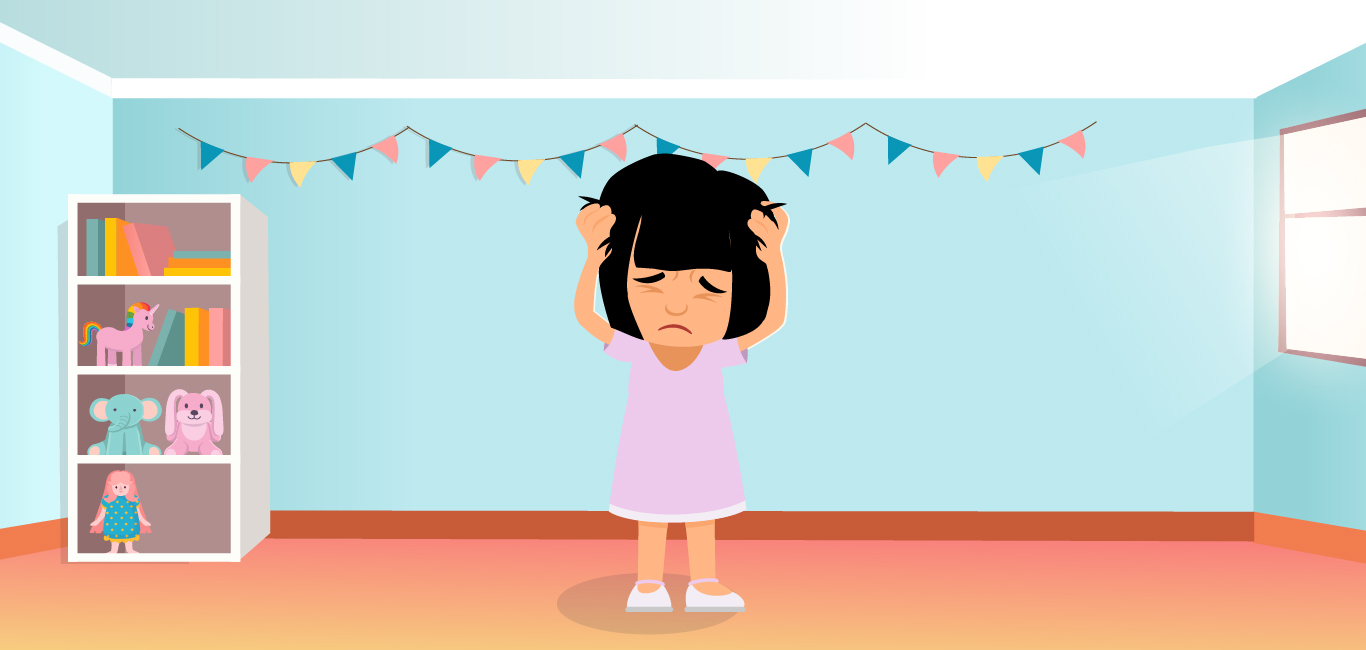
“I was asking this person about his symptoms, and he was getting a little tired,” says Dr Mark Joseph Burish, assistant professor of neurosurgery at the University of Texas Health Science Center, Texas, USA. He is recounting an incident of a person he was interviewing for a study.
“And he said, ‘If you just wait 15 minutes, you will see what my headache looks like’. That was how [confident] and accurate he was about getting a headache at that time.”
One of the hallmarks of cluster headaches is that they occur at the same time every day during the headache spell. And recently, many experts and scientists have also observed this trend with migraines.
A recent study led by Dr Burish and published in Neurology uncovers how the body’s internal biological clock – the circadian rhythm – could be responsible for the diligent and timely occurrence of these headaches. Neurology is the journal of the American Academy of Neurology.
The time keeper
Dr Burish and his team observed that many people with cluster headaches and migraines had their headaches occur at the same time of the day. They wanted to explore this further and determine if the pattern had genetic roots. They examined several research papers and analysed the genetic material of people with cluster headaches and migraines.
Read more: The sex divide in cluster headache severity: study
In their analysis, the scientists found that around 70.5 per cent of the cluster headaches showed a circadian pattern (recurring just after 24 hours). In addition, these cluster attacks peaked late at night to early morning, with 2 a.m. being a standard time. Whereas 50.1 per cent of migraines also showed a circadian pattern, these attacks, however, returned between late mornings and early evenings.
Clockwork precision
Previous studies have found that the hypothalamus, the proprietor of the body’s biological clock, plays a huge role in cluster headaches. However, this study also confirms the role of the hypothalamus in migraines.
Read more: Hypothalamus: the brain’s smart coordinating centre
“There are neurons in the hypothalamus that connect to neurons in the trigeminal system [the part of the brain responsible for headaches]. But more studies are required to understand how these two regions interact,” says Dr Burish.
His team found that the levels of corticosteroid — the hormone involved in keeping us active — in the blood were higher in cluster headaches. In comparison, levels of those involved in calming the body and inducing sleep (for example, melatonin) were lower in urine and plasma. Similar trends were observed in people with migraine.
Regarding the genes, the researchers found both cluster headaches and migraines were associated with genes that influence circadian rhythms, such as CLOCK. The CLOCK gene gives rise to the CLOCK protein, which regulates circadian patterns and sleep.
The 24-hour pattern
Understanding why cluster headaches and migraines occur at the same time every day can enable better therapies like providing circadian-based treatments, says Dr Burish. “In these therapies, we can give the medicine at a certain time of day or give medication that can alter the circadian genes,” he explains.
Importantly, Dr Burish believes their study can help people with such recurring headaches to find answers. He sums it up: “They get an idea that these headaches do not occur because of something they do. It may have nothing to do with anything and that it is just the nature of these headaches.”

















